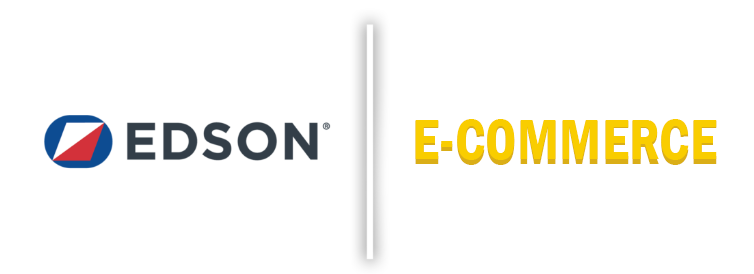
You don’t need to be a seasoned economist to know that the popularity of e-commerce sales is skyrocketing at an astonishing rate. According to Statista.com, a business data platform that specializes in market and consumer data, e-commerce sales in the United States accounted for 13.3 percent of all retail sales for the second quarter of 2021, which represents an increase of 2.5 percent from the same quarter just two years ago.
Similar trends are seen worldwide, as e-commerce sales that accounted for $4.28 trillion (U.S. dollars) in 2020 are expected to grow to $5.4 trillion by 2022.
People are embracing online shopping like never before, and those purchases include converted paper products as well. According to a recent article published in The Research Business Company, a market research-based website, “Increasing demand for online shopping is expected to help the converted paper products (bath & kitchen towel) manufacturing market grow. Manufacturers can now sell their products on a larger platform than before, which will increase their customer base geographically, driving the growth of the converted paper products manufacturing market.”
Most major brands offer consumers online purchasing options that ship directly to their homes. While e-commerce provides convenience to consumers, it poses packing challenges for manufacturers, especially if their case packing machinery is not set up to accommodate a range of case sizes.
The key to packing converted paper e-commerce orders is machine flexibility. Traditionally, case packing machines have been built to accommodate larger cases, such as packing four large bundles of toilet paper. Those orders would head to retailers, cases unpacked and product loaded onto shelves for sale.
Online sales, however, are changing that process. These types of orders are generally smaller runs, with fewer individual rolls. An online search shows you can purchase toilet paper ranging in sizes from a single roll, all the way up to large mega-packs. And before these orders are shipped to homes, they need to be packed. If the case packing machinery cannot readily be changed over to handle these smaller runs, that can be problematic and add cost.
Case packing machine flexibility is something Edson has been doing for more than 20 years. With servo-driven changeovers, just a few touches of buttons and swapping out a limited number of change parts, our machines can be ready to run e-commerce orders in less than 15 minutes. Other Edson machinery can be adjusted to run smaller case sizes with a simple retrofit. Having this level of machine flexibility eliminates the need of installing a dedicated e-commerce line, which is a tremendous cost savings.
We know the challenges converted paper manufacturers face when it comes to changing case patterns due to e-commerce sales. Machine flexibility enables companies to quickly adapt and handle smaller e-commerce orders – positioning them well for future success.
Josh Goulet is an Account Manager at Edson (https://www.edson.com/). He can be reached at Josh.Goulet@promachbuilt.com

Leave a Reply